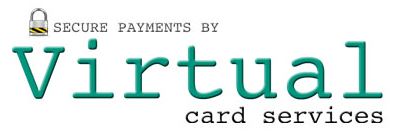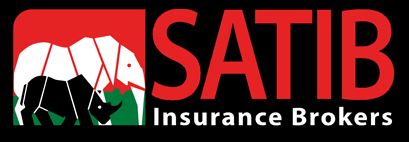Good Work Foundation

The Good Work Foundation is committed to doing just that, good work.
The projects are underpinned by 4 pillars of hope
English, Digital, Environmental and Creativity Literacy
The 21st Century brings with it a new set of challenges and it is our belief that we need to focus our education inputs on equipping our learners to meeting these challenges. To this end we have as our educational programmes the following:
1. English Literacy: For young people in rural areas the ability to speak good English when they leave school is vital to them joining the rest of the world. Adult English literacy is also important in order to facilitate and encourage the learning of the young people.
The English literacy is to roll out through Literacy Hubs with the Londolozi Learning Centre and the Bergmanshoogte Learning centre being the central hubs. The programmes involve the training of literacy facilitators and then the running of ongoing classes and training. The learners are both from schools in the area as well as adults.
2. Digital Literacy: Computers and technology have the wonderful ability to level the educational playing field, but if young people in the rural areas are not exposed to computers can merely serve to widen the gap of haves and have-nots. There are numbers of computer centres in all rural areas that are not being used to their full potential, lack of expertise and staff result in school computer centres staying empty. Digital literacy is to be rolled out using our trained facilitators through our learning centres and in partnership with the schools in our areas. Using the ICDL and Equal Skills programme we aim to equip the learners with a world recognized computer course and a skill required to become a contributing member of their own communities
3. Environmental Literacy: imparting knowledge and a sense of wonder in young learners is vital in our world today. Young people living in the communities around our game reserves need to understand and see the benefits of wilderness areas even more so than those in the cities. The future of these wild places will depend on it. All of us need to be living in mindful partnership with our planet and learning this early will result in a productive future for these young people.
To increase our role and influence in the teaching of Environmental Literacy to young rural South Africans through workshops, conservation clubs and programmes at our learning centres
4. Creativity Literacy: The ability to think and be creative has never been of more importance. In schools where funding is in short supply it is usually the creative pursuits that are cut, and focus is on the academic. While academic learning is important creative activities in young learners is important to their future success.
This is even more important for young learners who have been exposed to trauma or crisis. So many of our young people have been affected by violence, death (HIV-AIDS) and poverty and the importance of using creativity to help unlock their potential is something that we see as extremely important.
We will also use creativity workshops (among other things) to promote Early Childhood Education through Teacher training in the schools we are involved in.
Through creativity workshops for both teachers and learners as well as the use of art and drama therapy we hope to help the young learners reach their full potential and be able to use creative thinking and skills when they reach adulthood and in their careers and move into an age when ingenuity will be the driving force for success.


